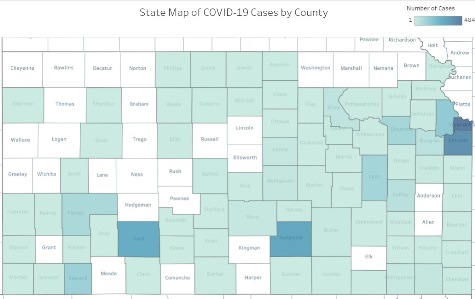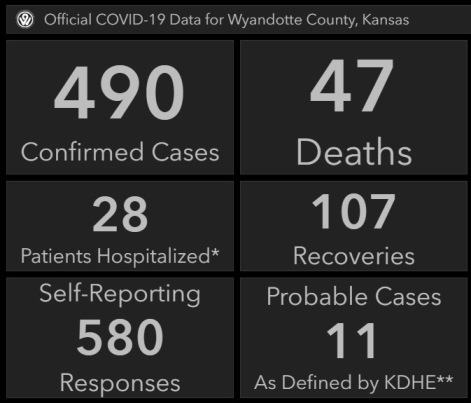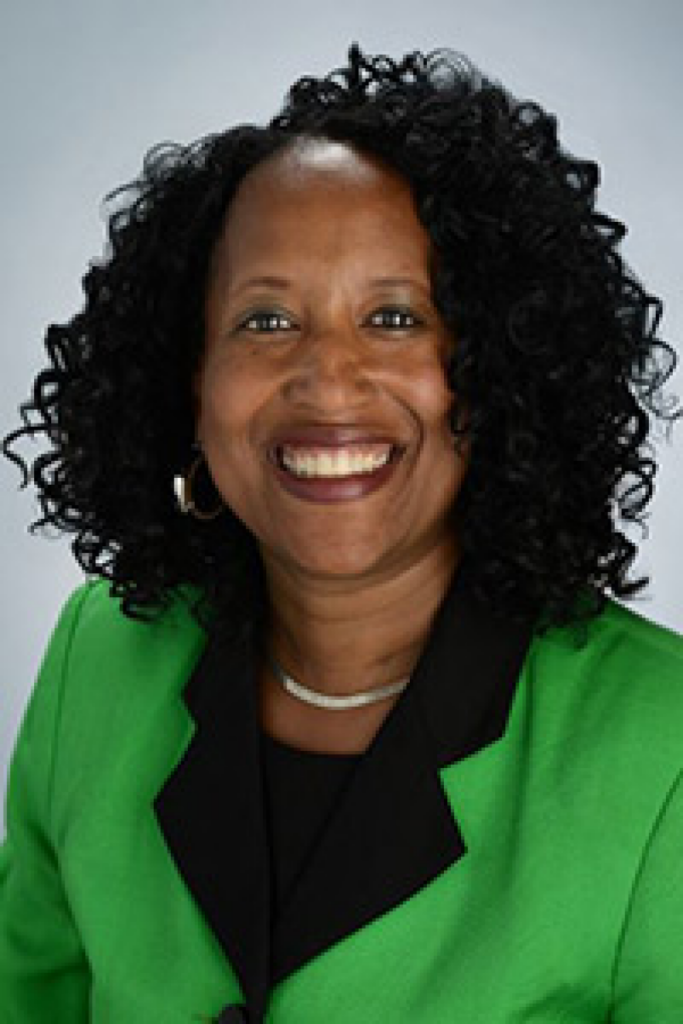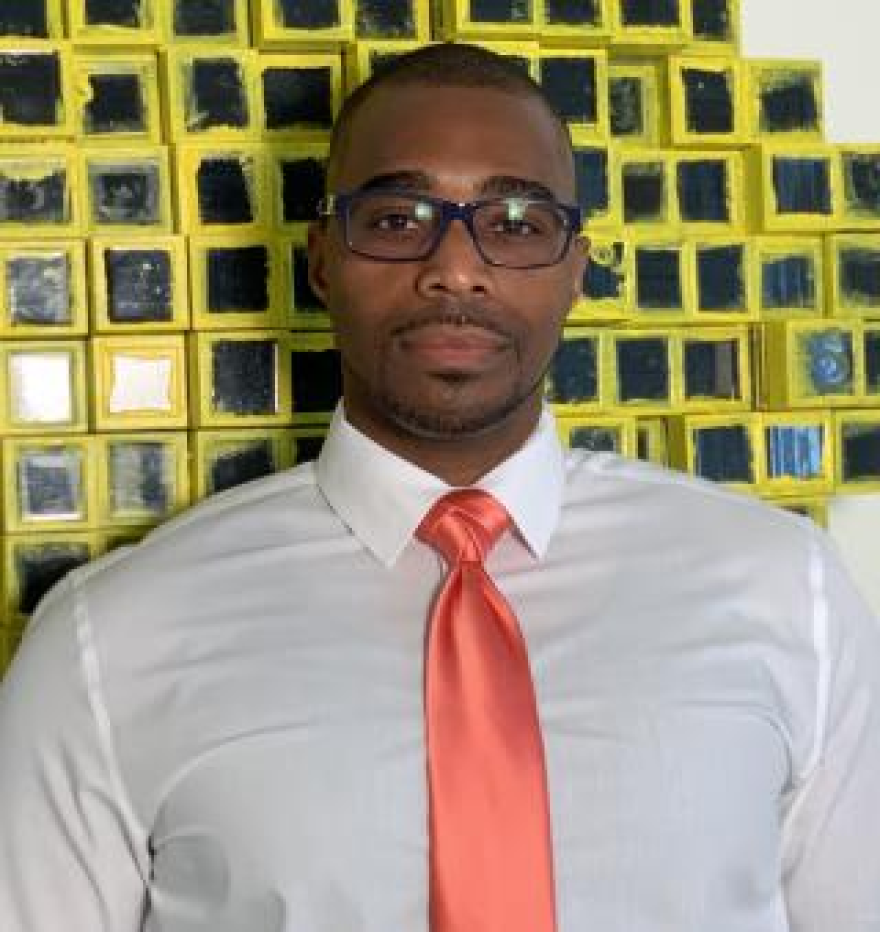Protesters ringed the state Capitol in Topeka to press Gov. Laura Kelly for an end to the stay-at-home order
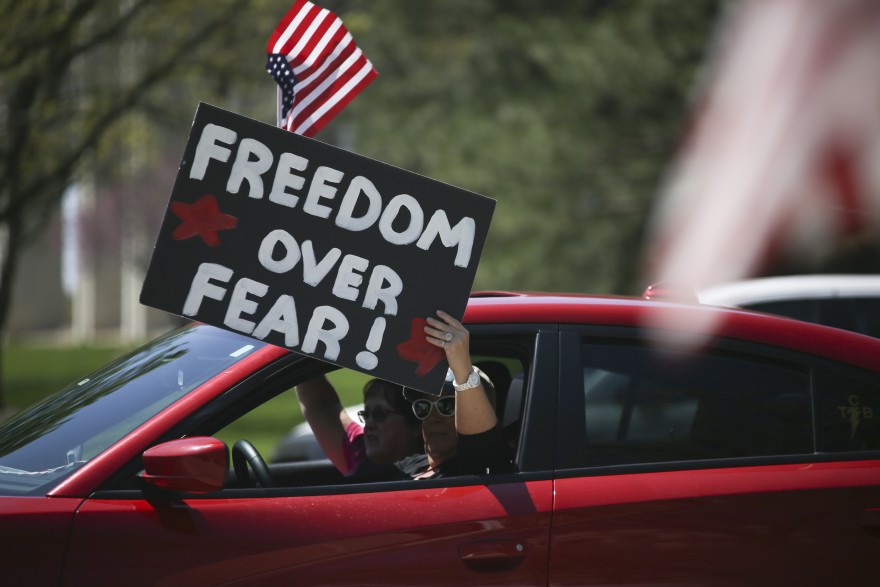
by Jim McLean and Nomin Ujiyediin, Kansas News Service
Topeka, Kansas — Protesters angry about the stay-at-home order in Kansas and the tens of thousands of people it’s tossed from work rallied at the state Capitol Thursday.
They clogged traffic on the four blocks that ring the Statehouse for more than an hour, honking on horns, calling out slogans on bullhorns and pressing Gov. Laura Kelly to reopen businesses in the state.
“The virus is not as bad as originally thought. It’s time to get back to work,” said Neil Melton, a Prairie Village Republican who challenged then Rep. Barbara Bollier in the 2014 primary. “The virus is going to run its course regardless of what we do or don’t do.”
The demonstrators argued that the social and economic harm of the coronavirus-driven shutdown cratering the state and national economies now outweighs the threat from the pandemic.
More than 100 protesters gathered on the Capitol lawn. Perhaps multiples of that joined the demonstration by ever-so-slowly circling the Statehouse on 10th Avenue, Jackson Street, Eighth Avenue and Harrison Street in sedans, SUVs and pickup trucks, horns blaring.
“Nothing justifies the loss of liberty,” said Dale Pratt of Derby, 44, who took a day off from his factory job and brought his 5- and 11-year-old sons to Topeka. “It’s not whether one side is right and one is wrong. We have the right to disagree. We have the right to make poor decisions.”
Almost none of the protesters wore masks. A group of six people mounting a counterdemonstration did, and four of them wore medical scrubs.
“I’m here protecting my people,” said Francisca Alonyo, a nursing student at Washburn University in Topeka. “I’m here to show solidarity with those who are staying home and keeping social distancing.”
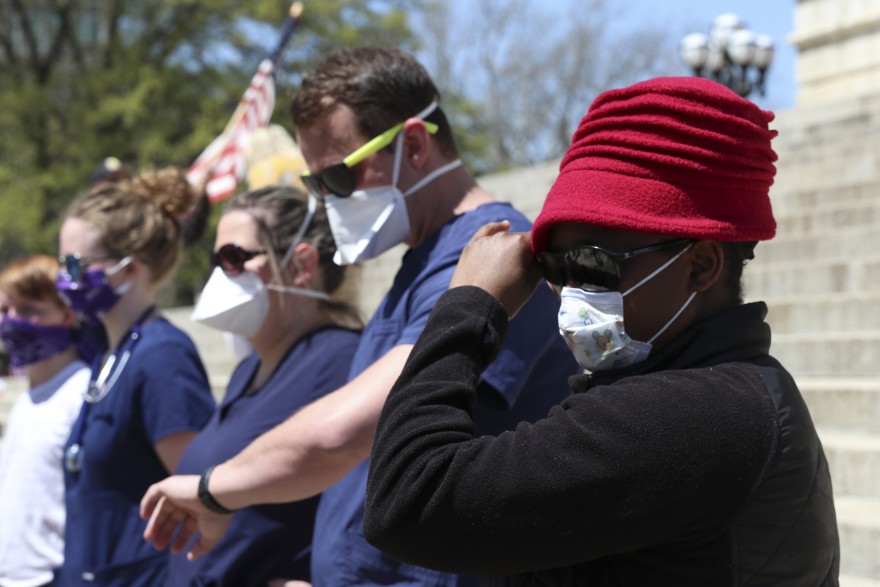
The event was organized on Facebook by the Kansas City Area Preparedness Network, a community dedicated to bracing for an impending social collapse by stockpiling food, ammunition and other supplies. It was also organized by the Convention of States Kansas, a conservative civil liberties group.
Dubbed “Operation Gridlock Topeka,” the protest was also backed by the Facebook group Open Up Kansas! On its page, that group said: “It is time to open Kansas back up for business. … WE THE PEOPLE of Kansas can be safe, responsible, and LOUD!”
Jae Byrd Wells, a science fiction author from Wichita who also writes poetry, said Thursday that the protesters represented a wide range of political opinion. She’s a Trump supporter.
“There are liberals out here. There’s conservatives out here. There’s people that don’t support Trump that are out here,” she said. “People want to work and feed their families, so we’re all organizers of this. We’re all feeling each other’s pain.”
The governor issued executive orders in March limiting gatherings to 10 people and defining “essential businesses” that would remain open in the event of a stay-at-home order.
Kelly also ordered Kansans to stay at home unless they are buying food or other supplies, exercising while social distancing, seeking or providing medical care or working in an essential job. Her order has been extended until midnight May 3, although the limits on her emergency powers may mean it effective expires two days earlier.
Public health agencies and medical experts across the world have warned that social distancing is the only way to slow the spread of the coronavirus and avoid overwhelming hospitals.
But in Kansas, some Republican officials have pushed back on the governor’s orders, arguing that they stifle the economy and violate people’s right to worship.
At a news conference about state efforts to stem the coronavirus outbreak after the protests, Kelly said she’s balancing the economic harm against public safety.
“I understand their frustration. I’m just as frustrated with this. I wish I could just snap my fingers and be over with this,” the governor said. “But … we have to pay attention to the science.”
Polls suggest most Americans say it’s too early end shutdowns. Even among Republicans, there’s more opposition to protests like the one in Topeka on Thursday than support.
Emporia State University political scientist Michael Smith said polling and other data he’s seen show most Kansans back Kelly’s efforts to check the spread of the virus.
“Obviously, the detractors are very passionate,” he said, “but they’re not in the majority.”
Jim McLean is the senior correspondent for the Kansas News Service. You can reach him on Twitter @jmcleanks or email jim (at) kcur (dot) org.
Nomin Ujiyediin reports on criminal justice and social welfare for the Kansas News Service. Follow her on Twitter @NominUJ or email nomin (at) kcur (dot) org.
The Kansas News Service is a collaboration of KCUR, Kansas Public Radio, KMUW and High Plains Public Radio focused on health, the social determinants of health and their connection to public policy.
Kansas News Service stories and photos may be republished by news media at no cost with proper attribution and a link to ksnewsservice.org.
See more at https://www.kcur.org/news/2020-04-23/protesters-tell-gov-kelly-her-shutdown-is-a-bigger-threat-to-kansas-than-coronavirus.

